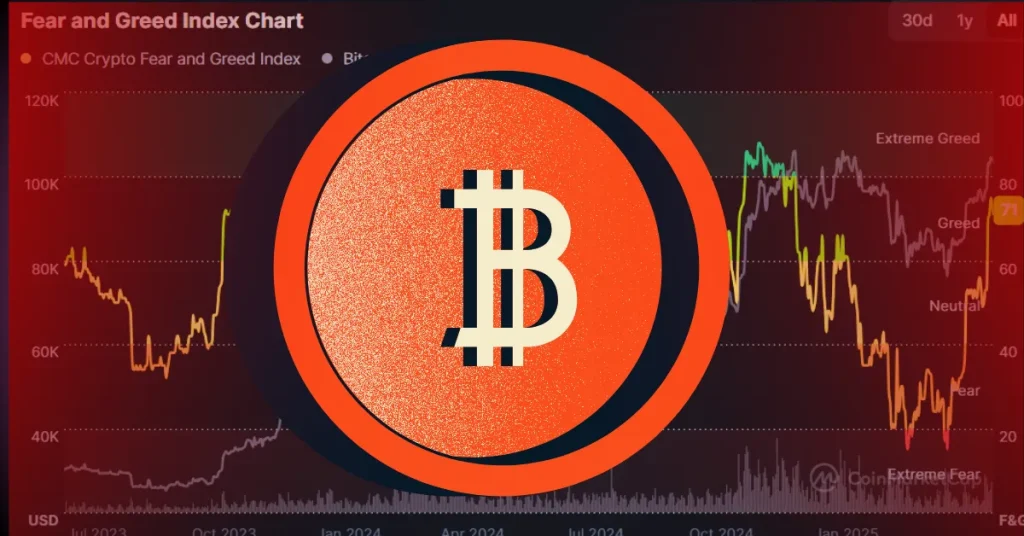When a DeFi user loses 14 ETH (~$33,000) due to a faulty oracle update, who takes responsibility? If you ask Morpho, Pyth Network and Re7 Labs, the answer is: no one. That’s exactly what happened in early March when “jameis” — a user of an Re7 vault on Morpho — found their cbETH-backed loan liquidated due to a price feed delay between Pyth’s cbETH/USD and ETH/USD feeds. While ETH’s price kept updating, cbETH’s remained frozen for nearly an hour. The result? A price ratio distortion that triggered liquidations, even though the cbETH/ETH ratio never actually diverged in reality. The blame game begins Faced with a $33,000 loss, jameis turned to the Morpho governance forum — where they go by “chicitybulls” — and Morpho’s Discord to demand answers. But instead of a resolution, they found themself caught in a circle of decentralized responsibility-dodging: To paraphrase: Morpho’s stance: We’re oracle-agnostic . Vault curators (Re7) choose their own oracles. We just provide the infrastructure. Pyth’s stance: Our prices were accurate. We’re permissionless. Someone (Re7, or even the user) should have run an extra scheduler to update the feed. Re7 Labs’ stance: Yeah, there was a timing mismatch…but that’s just how push-based oracles work. We’ll improve our setup next time. No one has claimed direct responsibility. No one has offered compensation. The devil is in the details. This wasn’t an exploit or price manipulation, but rather an architectural failure: Pyth’s push-based model meant price updates weren’t automatically synchronized. Re7 Labs did not run an independent scheduler to ensure updates stayed in sync. Morpho, despite offering the vault listings, does not enforce reliability standards for oracle updates — leaving it up to the curator. The liquidation bot saw the distorted price, deemed the position underwater and executed the liquidation. That was it — game over for the user’s 14 ETH. $30,000 is a small sum in the grand scheme of DeFi, a minor tragedy that won’t make the Rekt leaderboard . But the incident reflects a problem with much bigger ramifications: What happens when decentralized responsibility means no accountability? We all know the adage code is law , but what is a yield farming minnow to do here? Decentralization is often sold as a fix for TradFi’s opacity and unfairness, but this case highlights its own set of flaws. In TradFi, if a brokerage incorrectly liquidates your position due to faulty data, you have legal recourse. In DeFi? You sometimes get forum replies about permissionless infrastructure. It seems clear that Re7 Labs could have implemented safeguards, such as a timestamp verification to prevent liquidations based on stale data. Pyth could also improve its scheduling guarantees instead of shifting the burden onto integrators. Morpho still can blacklist curators via its frontend, so it has a regulatory hand at which vaults get listed on its platform (or which curators get the boot). Instead, all parties claim it’s not their problem. Re7 didn’t return a request for comment. A Morpho spokesperson said in practice that “unless [curators] are deliberately trying to scam, vaults are displayed on Morpho’s frontend,” calling the platform “completely unopinionated and [a] neutral infrastructure.” Marc Tillement, director of Pyth Data Association, told Blockworks “if the vault manager (or the protocol, in some cases) had run its own scheduler or an extra scheduler to trigger price updates themselves, this issue could have been avoided.” Meanwhile, the user — who evidently did nothing unusual or unduly risky — is hung out to dry. If DeFi is to scale beyond a niche of power user whales, risk curation has to come with some responsibility attached when users suffer unintended losses. Without accountability mechanisms — be it insurance, fund recovery processes or stricter oracle integration standards — events like this will keep happening. For now, one thing is clear: “Jameis” lost 14 ETH, and none of the parties cares enough to make it right. Get the news in your inbox. Explore Blockworks newsletters: Blockworks Daily : The newsletter that helps thousands of investors understand crypto and the markets, by Byron Gilliam. Empire : Start your morning with the top news and analysis to inform your day in crypto. Forward Guidance : Reporting and analysis on the growing intersection of crypto and macroeconomics, policy and finance. 0xResearch : Alpha directly in your inbox. Market highlights, data, degen trade ideas, governance updates, token performance and more. Lightspeed : Built for Solana investors, developers and community members. The latest from one of crypto’s hottest networks. The Drop : For crypto collectors and traders, covering apps, games, memes and more.

















